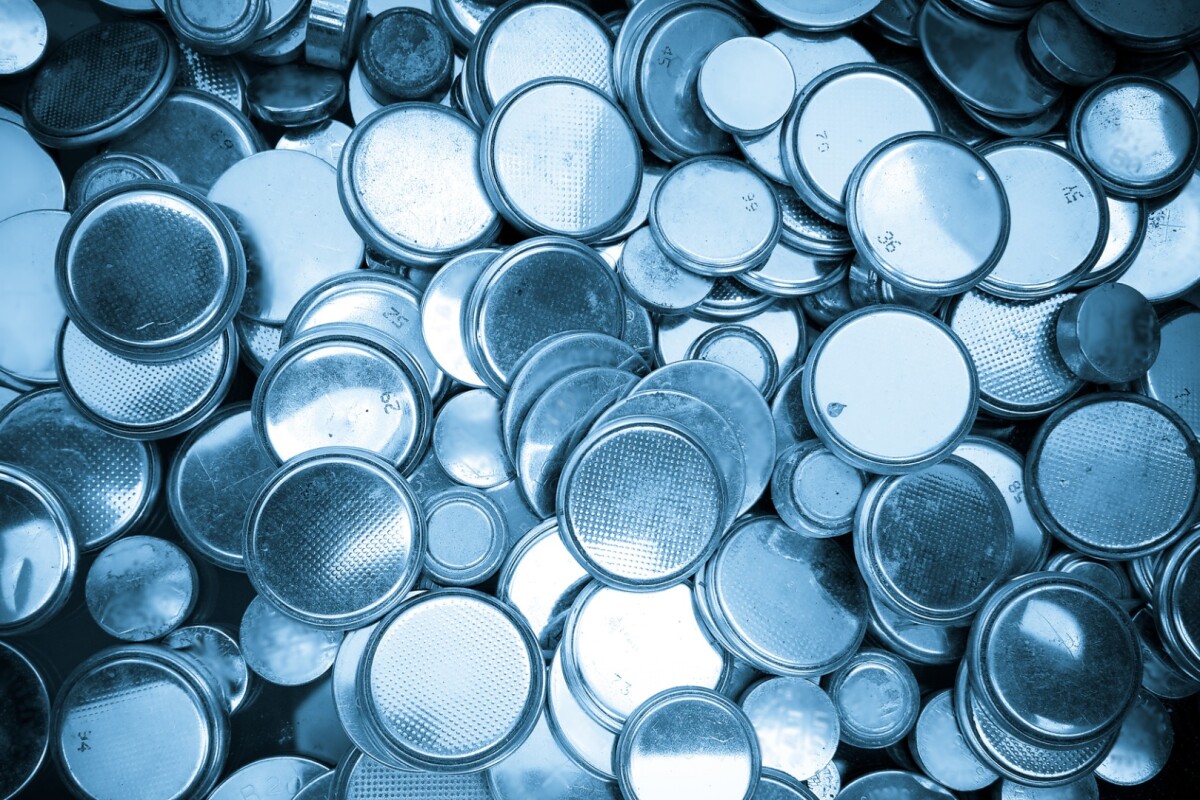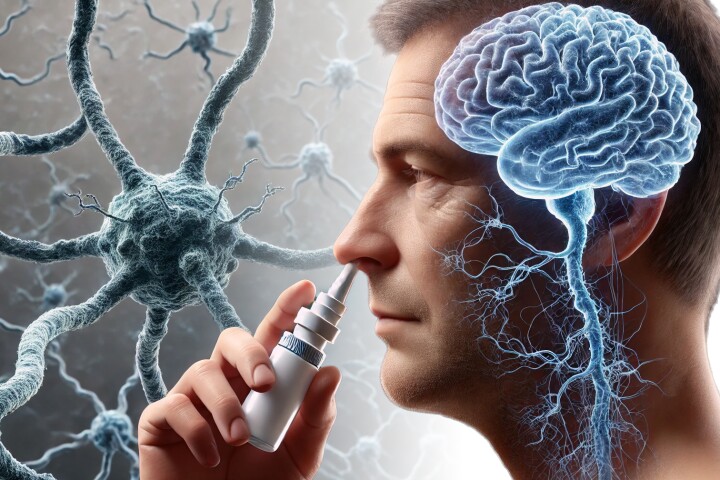To small children, button batteries can look like tempting candy treat. But swallowing these batteries can result in serious injuries and even death, with their ability to burn through a child's esophagus in a matter of hours. Acting quickly is key, and researchers have now found the best approach to take before the battery can be removed at a hospital is regular servings of honey.
When a button battery becomes lodged in a child's esophagus, saliva and tissue triggers a chemical reaction that results in the creation of a hydroxide-rich, alkaline solution that burns the esophagus and can cause esophageal perforation, vocal cord paralysis and erosion into the airway or major blood vessels.
Of course, prompt removal of the battery is key in reducing the chances of damage, but access to professionals who can perform such procedures may not be readily at hand. In an effort to determine the way to best mitigate such injuries, researchers at the Children's Hospital of Philadelphia (CHOP) and Nationwide Children's Hospital set out to uncover a treatment that could be administered in both the home and a clinical setting.
Using pigs, the team tested the effectiveness of a variety of viscous liquids that could provide a protective barrier between the battery and the tissue, while neutralizing the alkaline levels. In previous studies, the team had tested weakly acidic liquids such as lemon juice, but they wanted to find something more palatable to children and screened a number of common household beverages, including juices, sodas, and sports drinks. However, it was honey that came out on top.
"We explored a variety of common household and medicinal liquid options, and our study showed that honey and sucralfate [a medication for treating duodenal ulcers and gastric reflux] demonstrated the most protective effects against button battery injury, making the injuries more localized and superficial," says Co-Principal Investigator, Kris R. Jatana, MD.
The researchers suggest that if a child swallows a button battery, they should be given honey at regular intervals on their way to hospital. However, this should be avoided in cases where the child is suspected of having existing sepsis or perforation of the esophagus, a known allergy to honey, or is less than one-year-old. They also point out that prevention is better than a cure and that button batteries should be kept out of the reach of children and in enclosed compartments that require a tool to open in electronic devices. If only common sense was that common.
The team's study appears in the journal The Laryngoscope.
Source: Nationwide Children's Hospital




